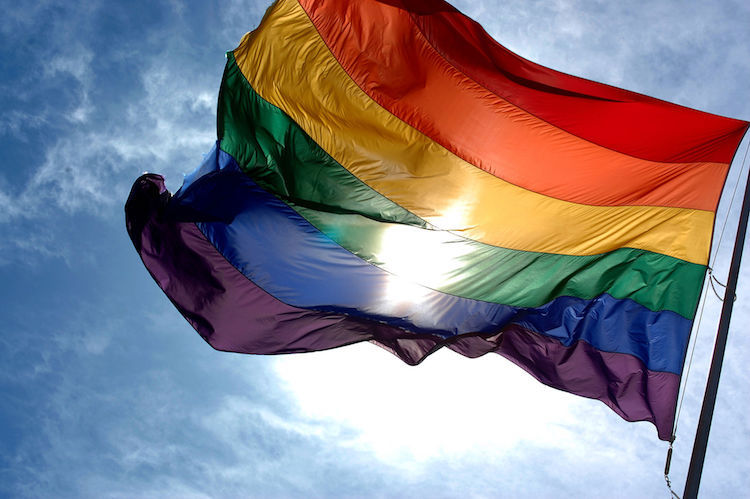
GENEVA (IDN | GIN) – The United Nations Human Rights Council has voted to appoint an independent monitor to help protect gay and transgender people around the world from violence and discrimination, but not without fierce resistance from African and Muslim countries.
The June 30 vote was called “a historic victory for the human rights of anyone at risk of discrimination and violence because of their sexual orientation or gender identity,” said Human Rights Watch and other rights groups in a coalition.
The independent monitor will report annually to the Human Rights Council and the General Assembly on best practices to minimise discrimination against sexual orientation and gender identity. It will work with states, UN agencies and other organizations.
“It’s a historic resolution,” said Josefina Valencia, of the International LGBTI Association for Latin America and the Caribbean, ILGA LAC. “Latin America has played a very important role to build a common course for the advancement of our human rights. We are proud of the international solidarity and the commitment shown by States for equality.”
The resolution was adopted by a vote of 23 in favour, 18 against and six abstentions. Not a single African country voted for the resolution. Among those voting against were Algeria, Burundi, Congo, Cote d’Ivoire, Ethiopia, Kenya, Morocco, Nigeria, Togo. Abstaining on the resolution were Botswana, Ghana, Namibia and South Africa.
Before the official vote, South Africa’s delegate Ambassador Nozipho Mxakato-Diseko stated that while South Africa believed no person should be discriminated against on any ground, the resolution itself was too divisive, unnecessary and an “arrogant approach”.
Mxakato-Diseko told the council: “We learned from our struggle against apartheid that if we are clear about the end goal, which for us is the end of violence and discrimination against LGBTI persons, a better approach is building maximum consensus. This could have been achieved but for the arrogant and confrontational approach adopted [by the sponsors] … Grandstanding, recklessness, brinksmanship and point scoring will take us nowhere.”
Namibian justice minister Albert Kawana said Namibia was concerned with the independent expert’s mandate that will “be allowed to interfere in sensitive issues relating to sexuality at national level.”
Although the resolution was being prepared before the June 12 massacre in the Pulse gay bar and nightclub in Orlando, Florida, some human rights activists said they thought the mass shooting played a role in propelling the Human Rights Council resolution forward.
“Orlando became part of the conversation around the resolution,” said Jessica Stern, executive director for Outright Action International, a U.S.-based human rights group. “I think it caused some governments on the fence to stop and take their decision much more seriously. You can’t keep your head in the sand after what happened at the Pulse nightclub.” [IDN | INPS – 14 July 2016]
Image: LGBT pride flag. Credit: Wikimedia Commons
IDN is flagship of the International Press Syndicate. GIN (Global Information Network) is its partner.











